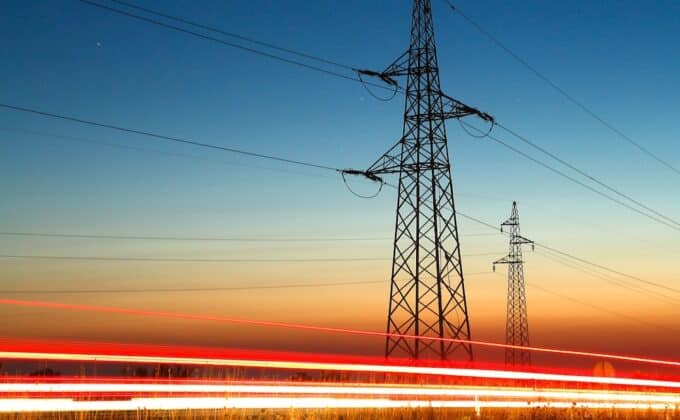
Knowledge Center
We believe that sharing our expertise and collaborations in clean energy policy is how real, effective change happens.
From reports and policy briefs, to webinars and podcasts—RAP advisors have built an extensive collection of resources providing in-depth analysis and practical solutions to today’s energy challenges.
Filter >>
Content Filter:
As countries around the world make progress towards decarbonisation, more sectors are shifting to cleaner, renewable resources. The grids, crucial infrastructure for decarbonising the power sector and the overall economy, are increasingly struggling as capacity grows scarce in some regions. View Summary +
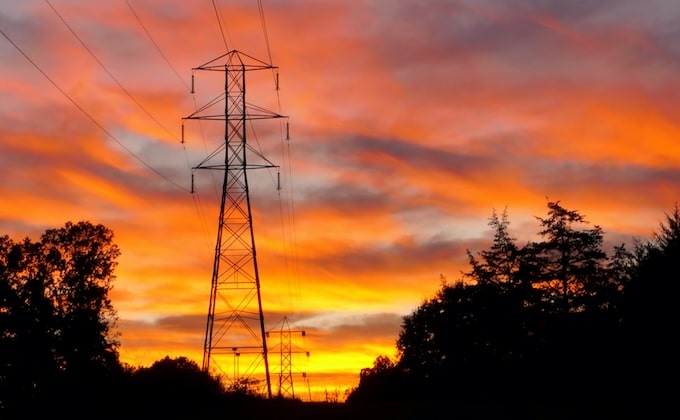
The Regulatory Energy Transition Accelerator (RETA, https://retatheaccelerator.org/), launched at COP26, is an initiative to build capacity for energy regulators as they work to advance toward a clean energy transition. Serving as a resource hub for regulators, RETA’s flagship project,… View Summary +

在大规模风电和光伏并网的时代,如何进一步促进可再生能源消纳,解锁统一电力市场的价值,已成为全球性挑战。2024年5月28日,国家能源局发布《关于做好新能源消纳工作… View Summary +
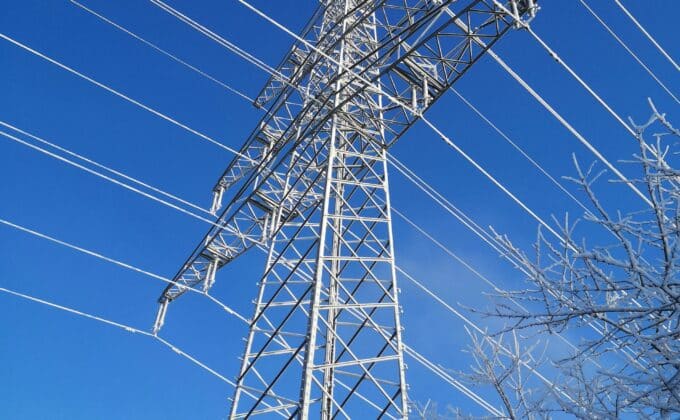
Spain is a geographically diverse country, with climate zones to match: the hot, dry southern coast gives way to cool, snowy mountain ranges in the north. The sun, a valuable renewable energy resource, is an almost constant presence throughout the… View Summary +

In this Power System Blueprint deep dive, Dominic Scott takes a comprehensive look at the challenge of implementing nodal pricing in Europe. As the penetration of variable renewable resources and distributed energy resources continues to grow, the advantages of… View Summary +
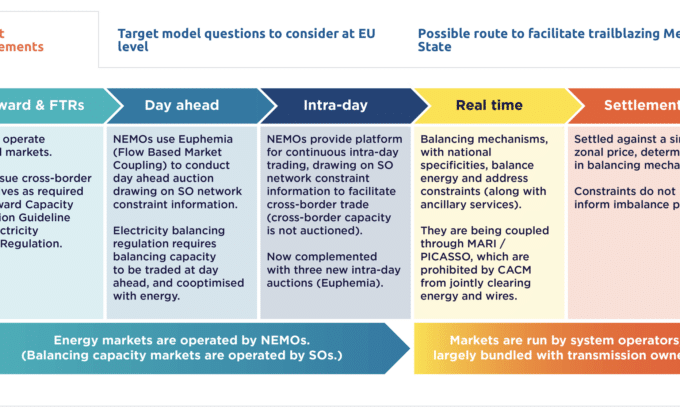
2023年11月10日,国家发改委和国家能源局联合印发了《关于建立煤电容量补偿电价机制的通知》(发改价格〔2023〕1501号)。2024年初,各地相继出台了煤电容量补偿机制。然而若要引导电力系统转型朝着更加经济、环保的方向前进,必要的下一步是将公平竞争引入容量采购。虽然一些中央政策文件和市场规则鼓励新型资源(储能、需求侧资源、电动汽车)提供容量,目前仍鲜有项目落地——电力行业对于新型资源的可靠性和如何提供容量等问题仍缺乏共识。本文首先回归“容量”这一概念,并指出了多元新型资源提供容量的经济效应和可靠性,最后以美国东部的电力区域市场,… View Summary +

With the European Alternative Fuels Infrastructure Regulation (AFIR) now in force, national, regional and local authorities need to get EV grid integration right from the outset. Smart charging can help integrate more renewables, use existing grid infrastructure more efficiently to… View Summary +
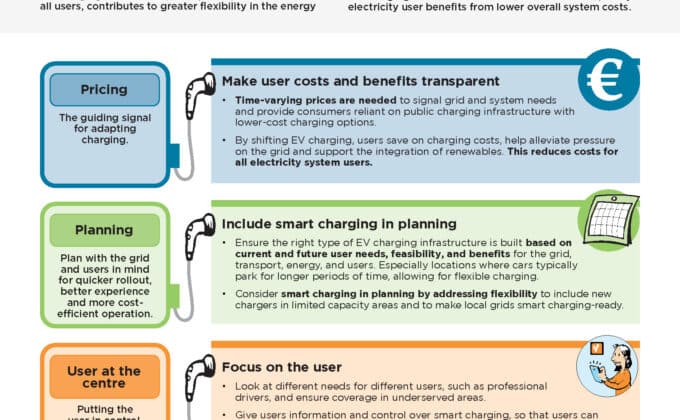
A fast-growing market for electric vehicles and the nation’s commitment to achieving a net-zero emission economy by 2053 will require Türkiye to prepare its power grids for the EV transition. Authors from SHURA Energy Transition Center partnered with RAP and… View Summary +
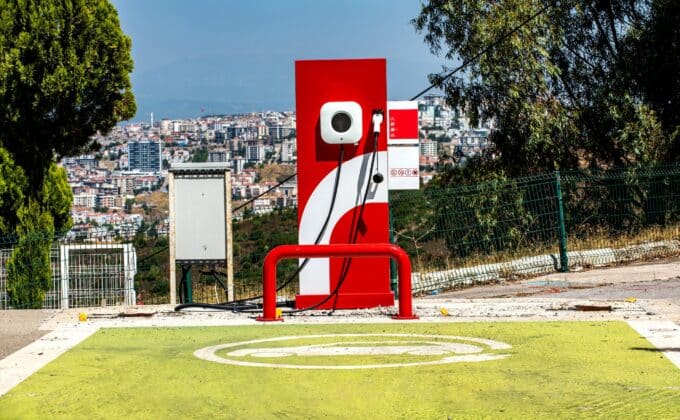
The EU Green Deal includes, among its climate neutrality initiatives, promises to put “people first,” be “just and inclusive” and to “[leave] no one behind”. The package of legislation – the Fit for 55 package – introduced to deliver on… View Summary +

热泵是实现可再生能源高效利用的技术路径,是热电转换的最佳途径,是全球公认的节能减碳技术措施。中国清洁取暖国家战略的实施,推动了热泵供暖的广泛应用。作为全国“煤改电”先进示范区域,北京制定了多项清洁取暖政策,以全社会减碳量为目标,综合考虑能源结构和价格系统,对比多种技术间的减碳效益和经济成本,鼓励可持续长期减碳的高效热泵技术发展,禁止、限制新增及改建热源中高碳排放的燃煤、燃气供热占比,为北方地区城市供热发展提供了积极参考。… View Summary +

随着电力体制改革的深入和电力市场化的推进,中长期市场和现货市场发展迅速。长期以来,电力中长期合同被视作保供稳价的“压舱石”,随着改革的不断深入,中长期市场中存在的两个关键问题逐渐暴露出来,即不合理的上网电价机制以及对电力调度产生的深层次影响,进而延缓了新能源入市进程。针对这些问题,我们对现状进行了梳理并总结了一些国际经验,对完善燃煤发电上网电价和通过中长期市场支持系统灵活性等方面提出了五点思路。… View Summary +
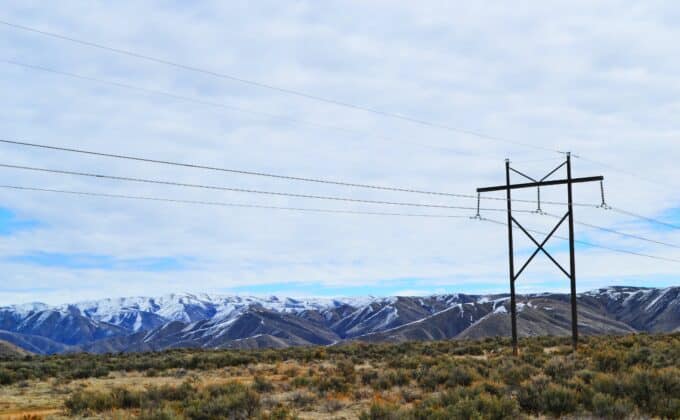
In an interactive webinar, Camille Kadoch of RAP and Amy Wagner of Evolved Energy Research presented the findings of a new report showing how enhanced demand flexibility from vehicle charging can unlock a significant amount of value to the power… View Summary +
Part of RAP and ICCT’s Benefits of EVs Through Smart Charging Global Project With economic forces and policy efforts encouraging transportation electrification, it is critical that electric vehicle (EV) demand on the power grid be carefully integrated to avoid unnecessarily… View Summary +

Increasing the availability of renewable energy is key to reducing harmful carbon pollution. But before building a large-scale solar or wind project, developers may need approvals from multiple levels of government. These reviews may consider project aesthetics, economics, land use… View Summary +
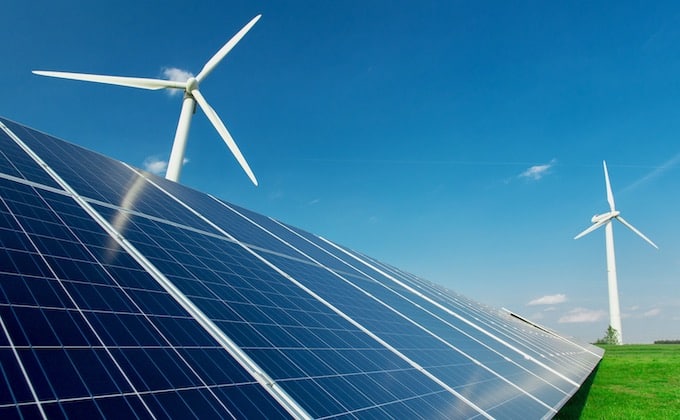
Jump to English summary Ziel der vorliegenden Analyse ist es, die Herausforderungen beim Netzanschluss von Ladeparks zu systematisieren und auch für Fachfremde nachvollziehbar darzustellen. Außerdem werden zentrale Lösungsansätze beschrieben und bewertet. Dafür haben wir drei typische Anwendungsfälle für verschiedene… View Summary +
